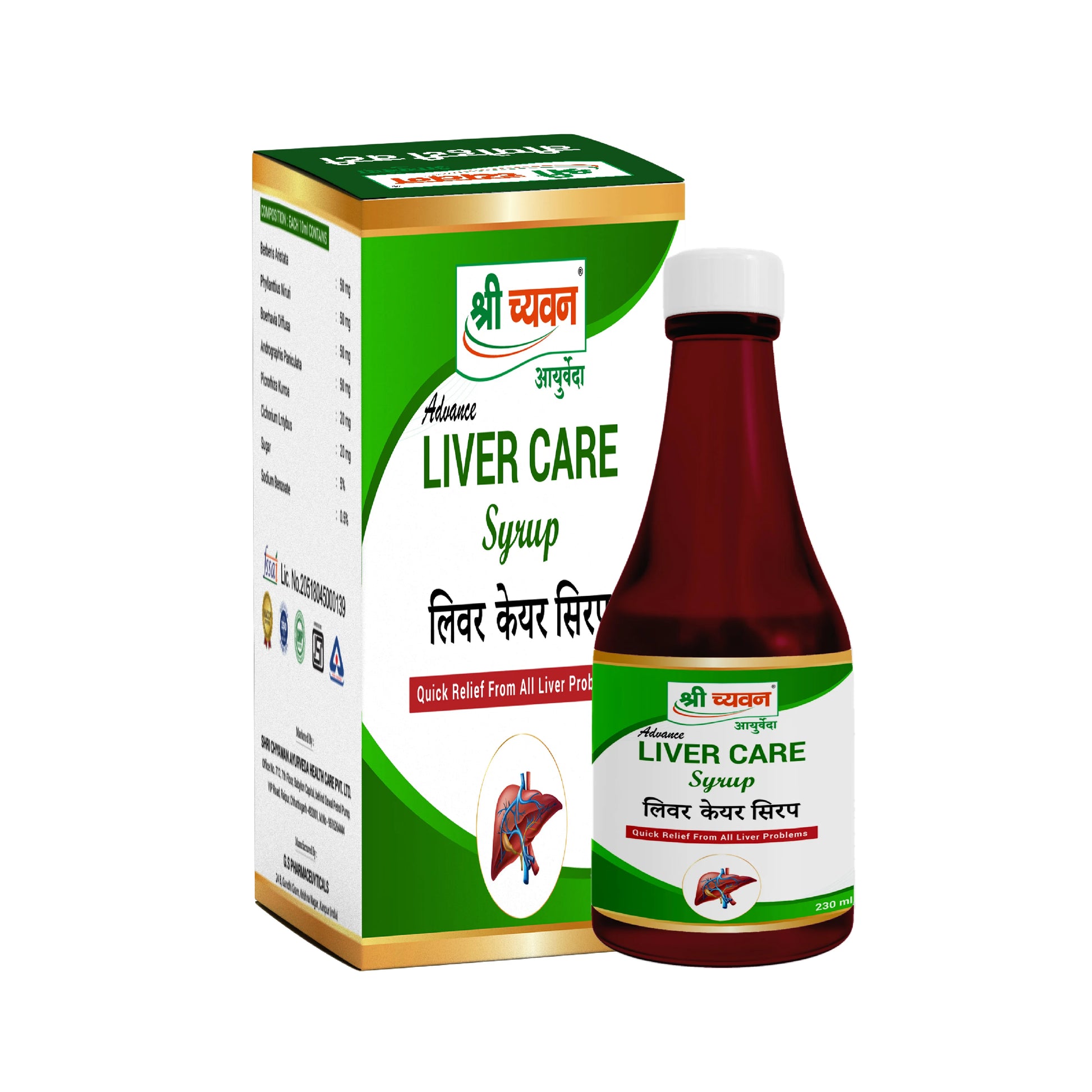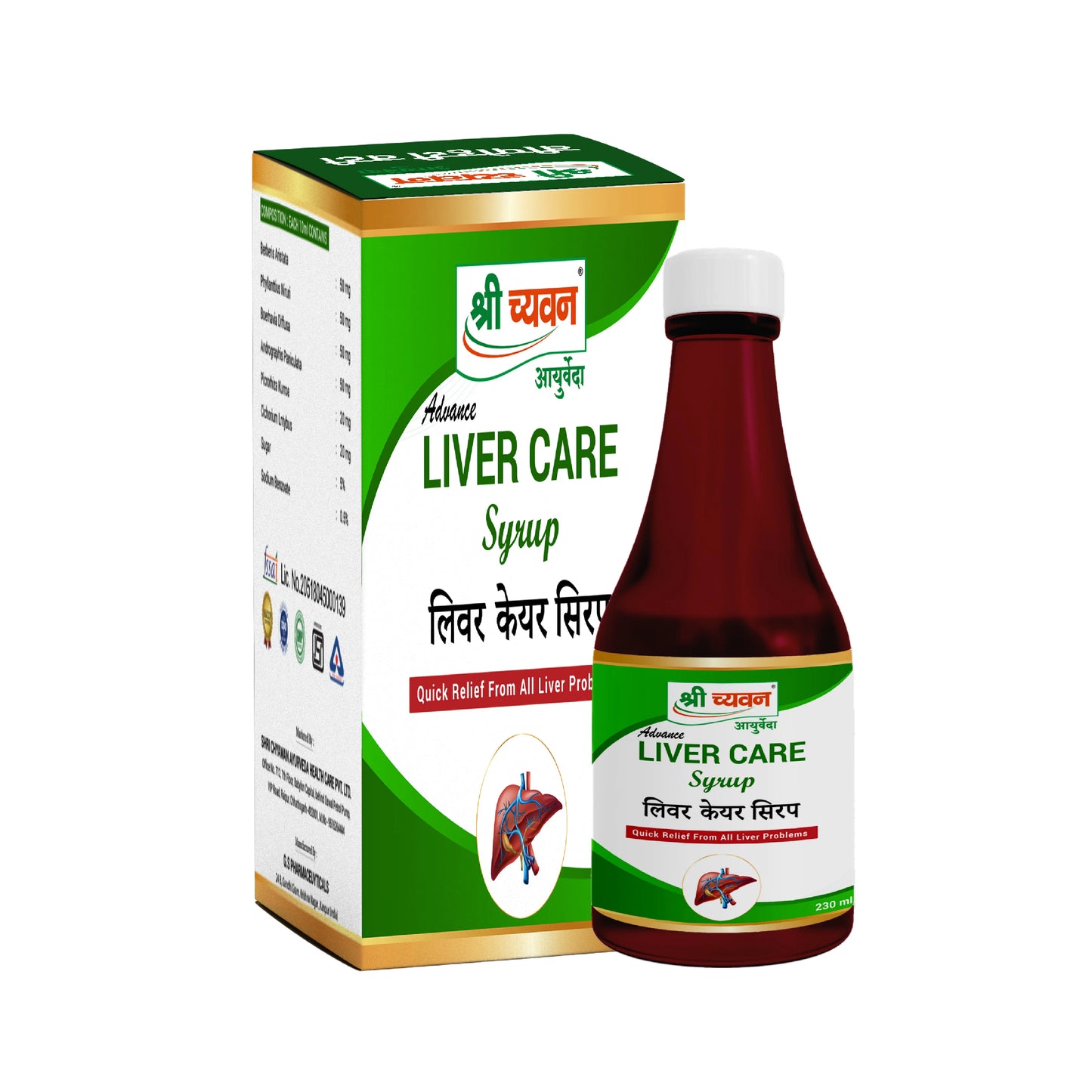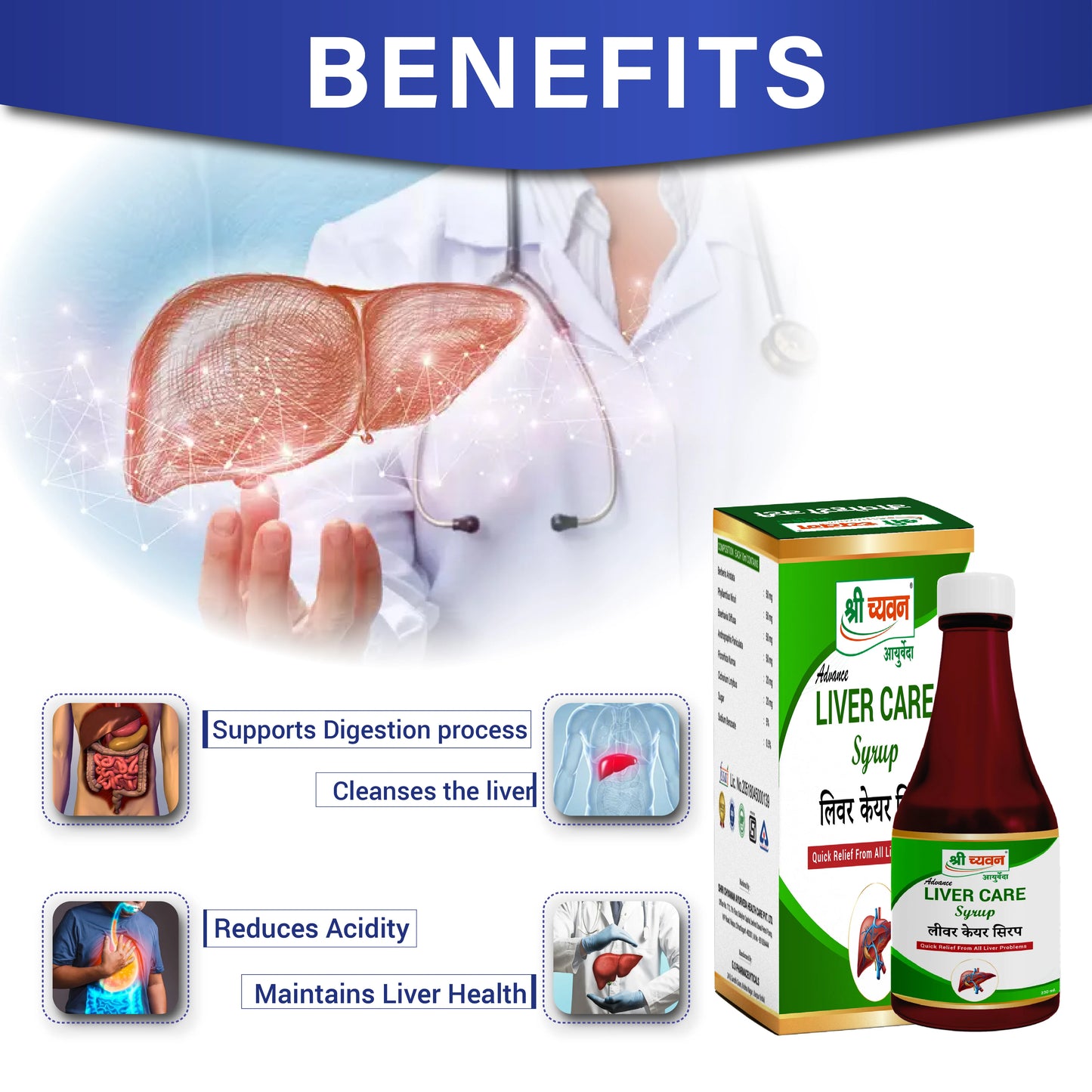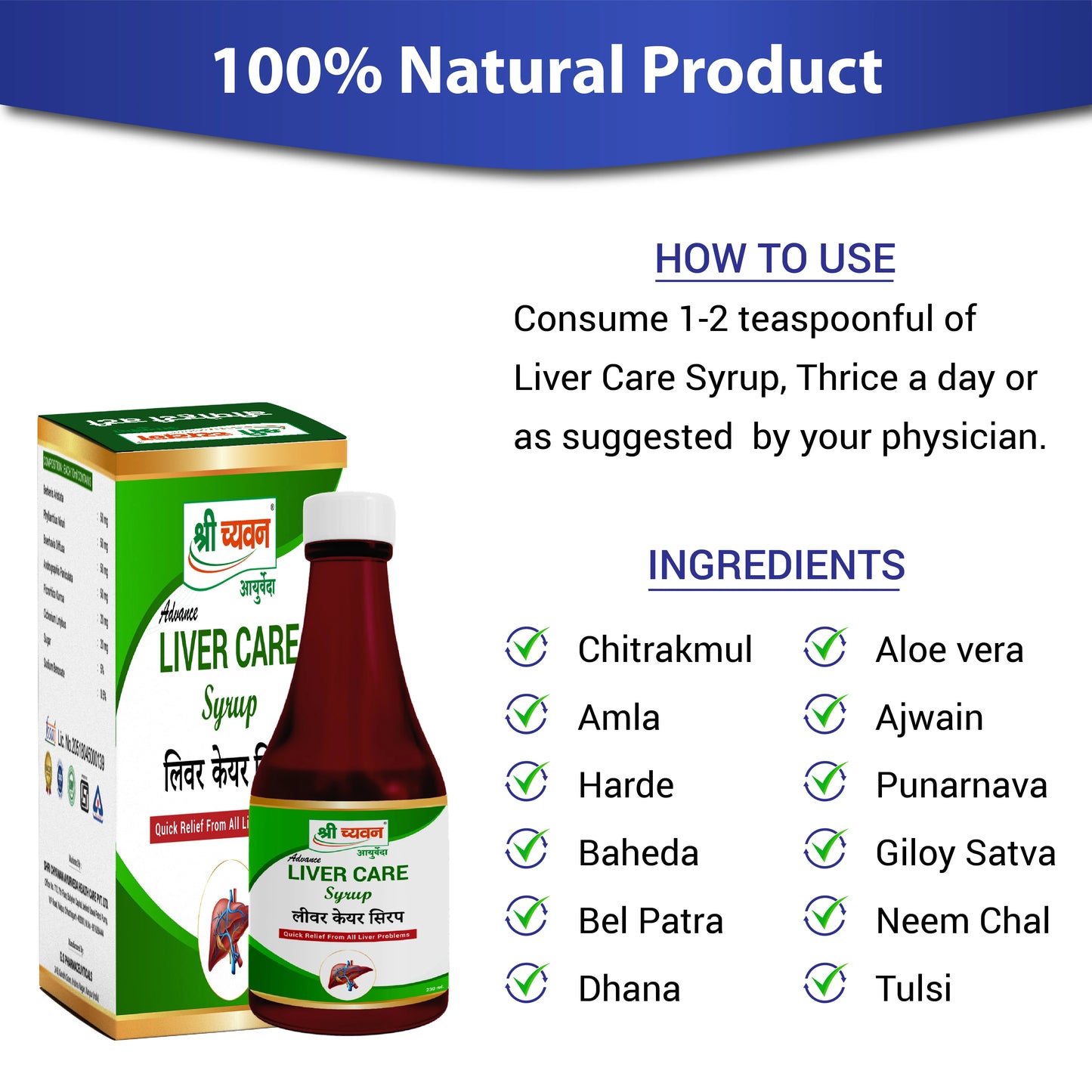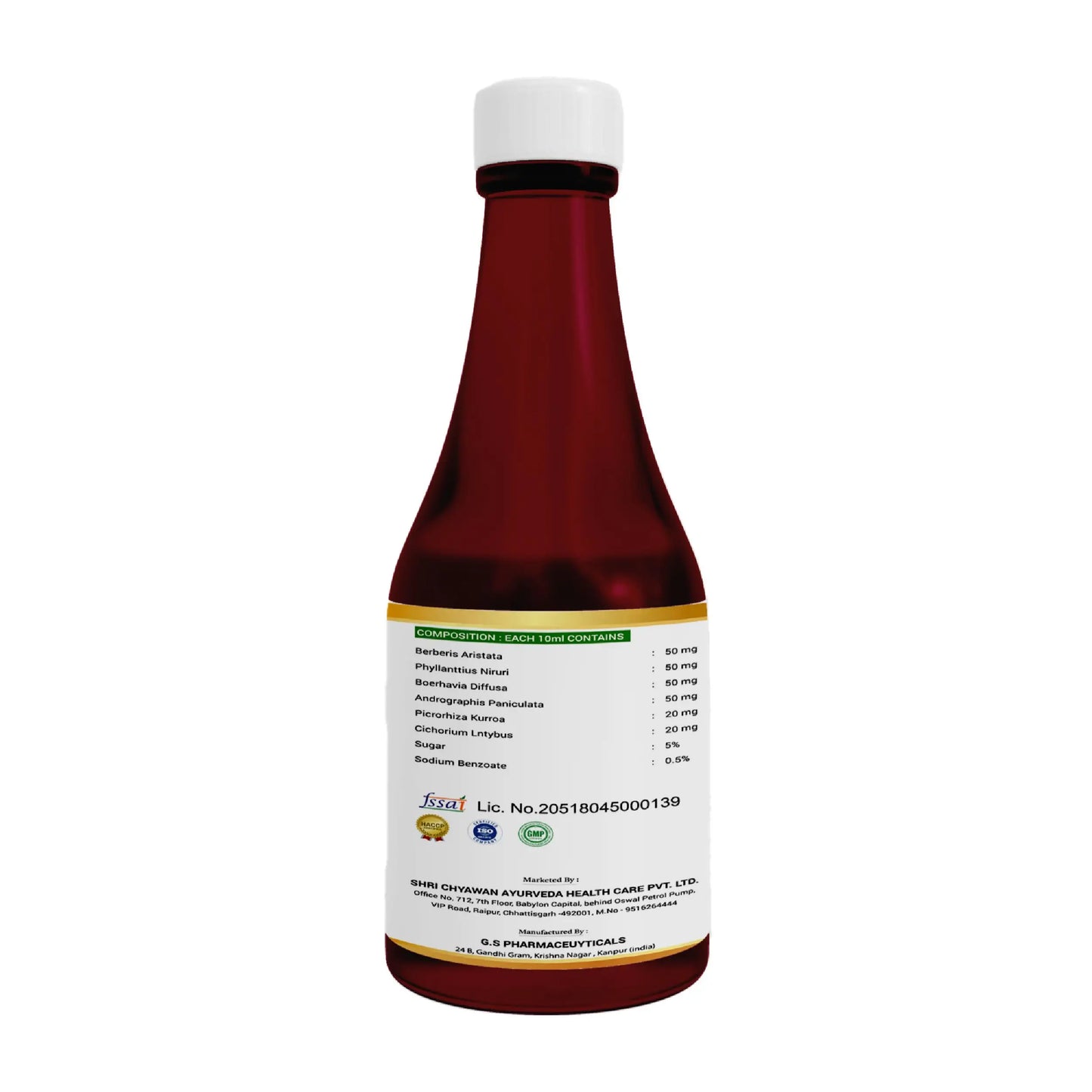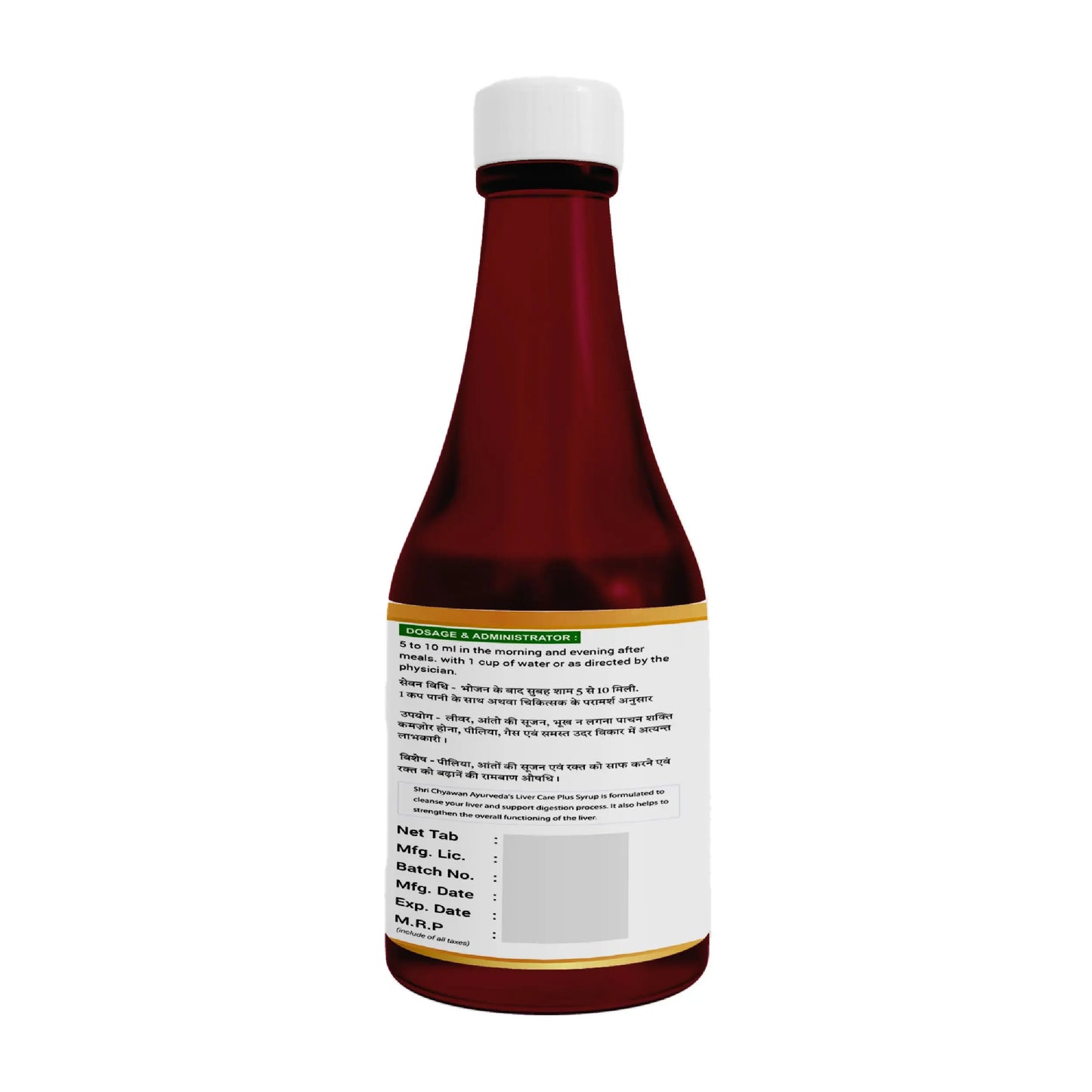The liver, our body's unsung hero, silently performs a multitude of essential tasks, from filtering toxins to regulating blood sugar. Maintaining optimal liver health is crucial for overall well-being. But how do you know if your liver is functioning properly? This blog sheds light on signs that might indicate liver issues and explores ways to support your liver's health.
Understanding the Silent Sentinel
Often, liver problems don't present with immediate symptoms, especially in the early stages. This is why the liver is sometimes referred to as a "silent sentinel." However, some signs and symptoms can serve as red flags.
Warning Signs to Heed
-
Digestive Issues: Unexplained nausea, vomiting, or persistent loss of appetite can be indicators of liver problems.
-
Changes in Skin and Eyes: Jaundice, a yellowing of the skin and whites of the eyes, is a telltale sign of liver dysfunction. Dark urine and pale stools may also occur.
-
Fatigue and Weakness: Constant tiredness and unexplained low energy levels can point towards underlying liver issues.
-
Abdominal Pain and Swelling: Pain or swelling in the upper right abdomen can be a cause for concern.
-
Easy Bruising and Bleeding: The liver plays a role in blood clotting. Increased bruising or bleeding tendencies may signal liver problems.
Taking Action: Proactive Measures
If you experience any of these symptoms, consulting a doctor is essential for proper diagnosis and treatment. However, there are proactive steps you can take to support your liver health:
-
Maintain a Healthy Weight: Excess weight, particularly belly fat, can strain the liver. Aim for a healthy weight through a balanced diet and regular exercise.
-
Embrace a Liver-Friendly Diet: Limit processed foods, sugary drinks, and unhealthy fats. Choose whole grains, fruits, vegetables, and lean proteins to nourish your liver.
-
Limit Alcohol Consumption: Excessive alcohol intake is a leading cause of liver damage. Practice moderation or abstain entirely.
-
Get Vaccinated: Vaccinations for Hepatitis A and B can protect your liver from these viruses.
-
Practice Safe Medication Use: Always follow prescribed medication dosages and consult your doctor before taking over-the-counter medications or supplements, as some can burden the liver.
-
Manage Chronic Conditions: Conditions like diabetes and high blood pressure can affect liver health. Work with your doctor to manage these conditions effectively.
Conclusion: Partnering with Your Liver
By being attentive to your body's signals and adopting a healthy lifestyle, you can empower your liver to function optimally. Remember, early detection is key. If you have any concerns, don't hesitate to consult a healthcare professional. They can guide you towards a personalized plan to support your liver health and ensure your body's vital functions continue smoothly.
Frequently Asked Questions: Understanding Your Liver Health:
Are there any tests to check my liver function?
Yes, several tests can assess liver function. Blood tests, like liver function tests (LFTs), measure enzymes and proteins produced by the liver. Imaging tests like ultrasound or CT scans can reveal any abnormalities in the liver's size or shape.
What are some lifestyle changes I can make to improve my liver health?
- Maintain a balanced diet: Focus on whole grains, fruits, vegetables, and lean protein sources. Limit processed foods, sugary drinks, and unhealthy fats.
- Manage weight: Excess weight, especially belly fat, can strain the liver. Aim for a healthy weight through diet and exercise.
- Exercise regularly: Physical activity helps maintain a healthy weight and improves overall well-being.
- Limit alcohol consumption: Excessive alcohol intake is a major risk factor for liver damage. Practice moderation or abstain entirely.
- Get enough sleep: Aim for 7-8 hours of quality sleep each night.
- Manage stress: Chronic stress can negatively impact your liver health. Practice relaxation techniques like yoga or meditation.
- Don't smoke: Smoking reduces blood flow to the liver and increases the risk of liver damage.
When should I see a doctor about my liver health?
If you experience any of the following, consult a doctor:
- Persistent fatigue or weakness
- Unexplained nausea, vomiting, or loss of appetite
- Abdominal pain or swelling
- Dark urine or pale stools
- Yellowing of the skin or whites of the eyes
- Easy bruising or bleeding
Early detection and intervention are key for managing liver problems effectively.


